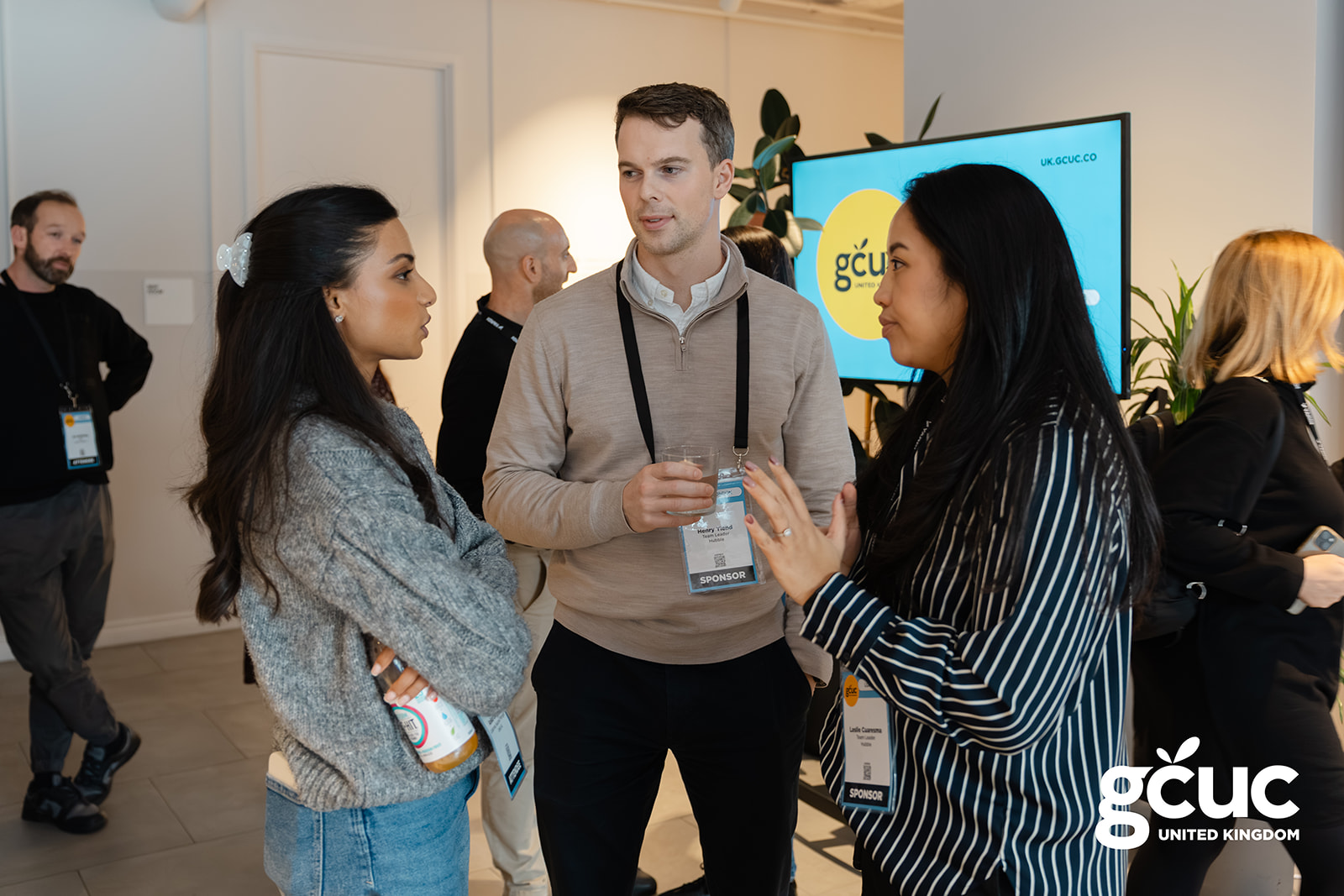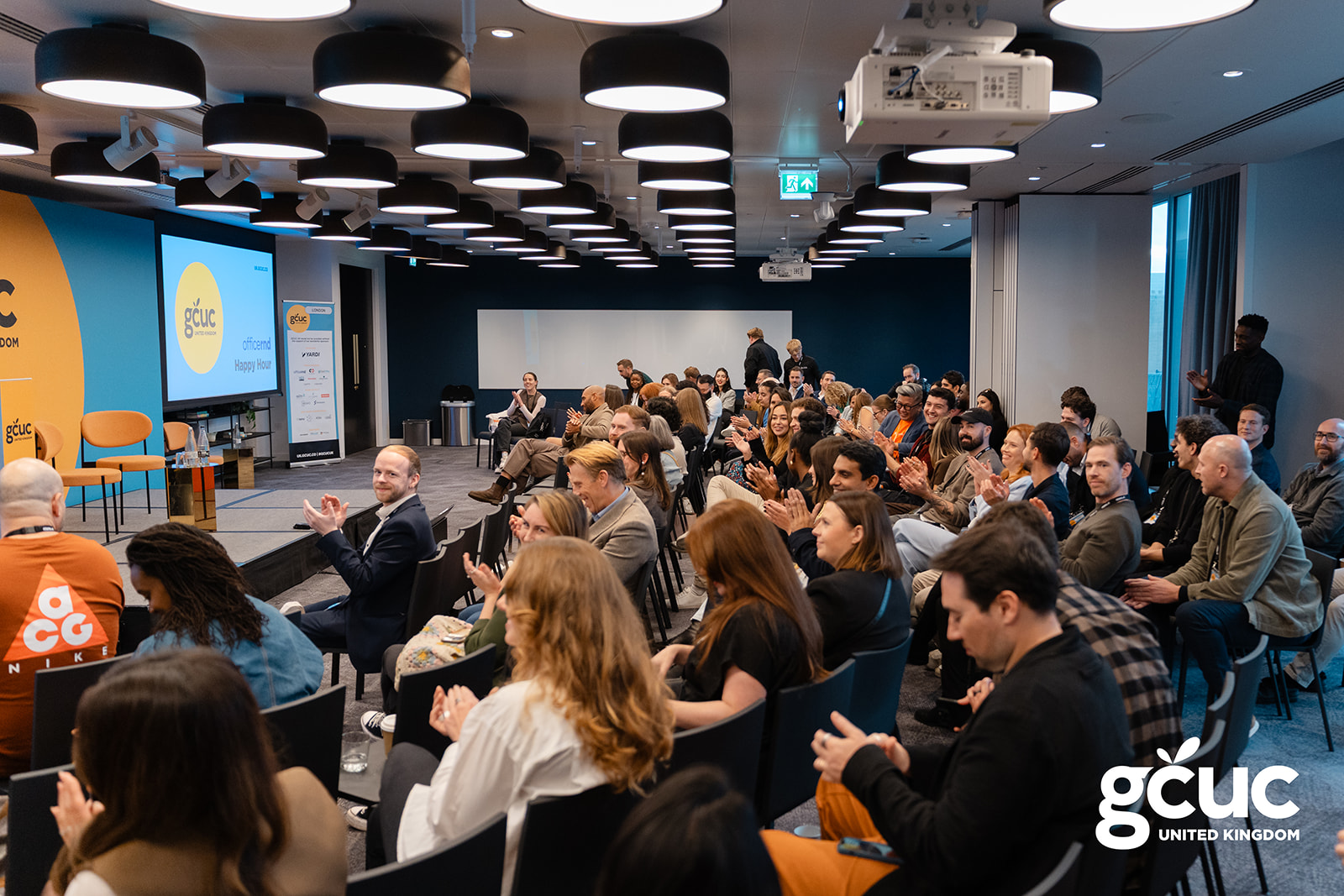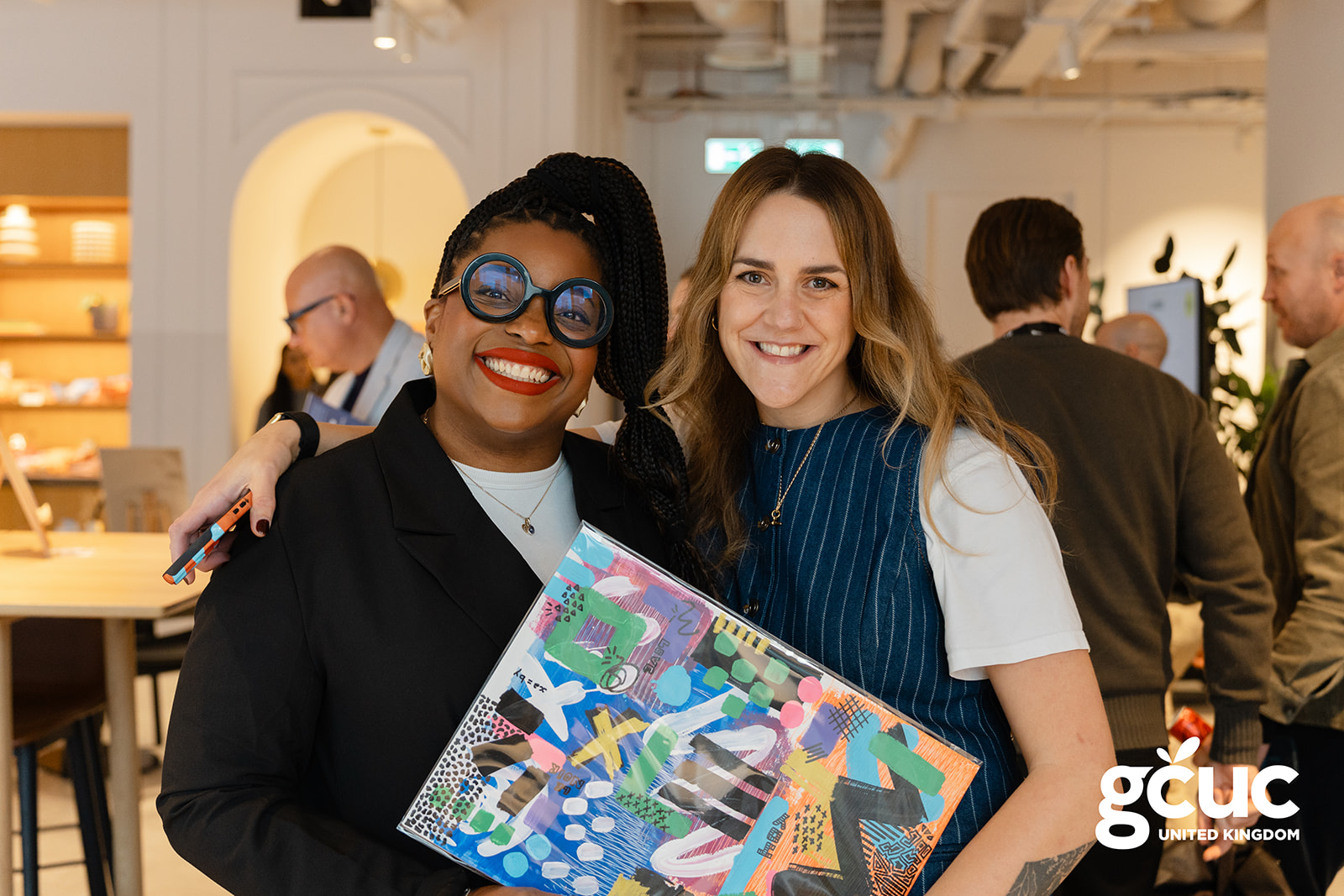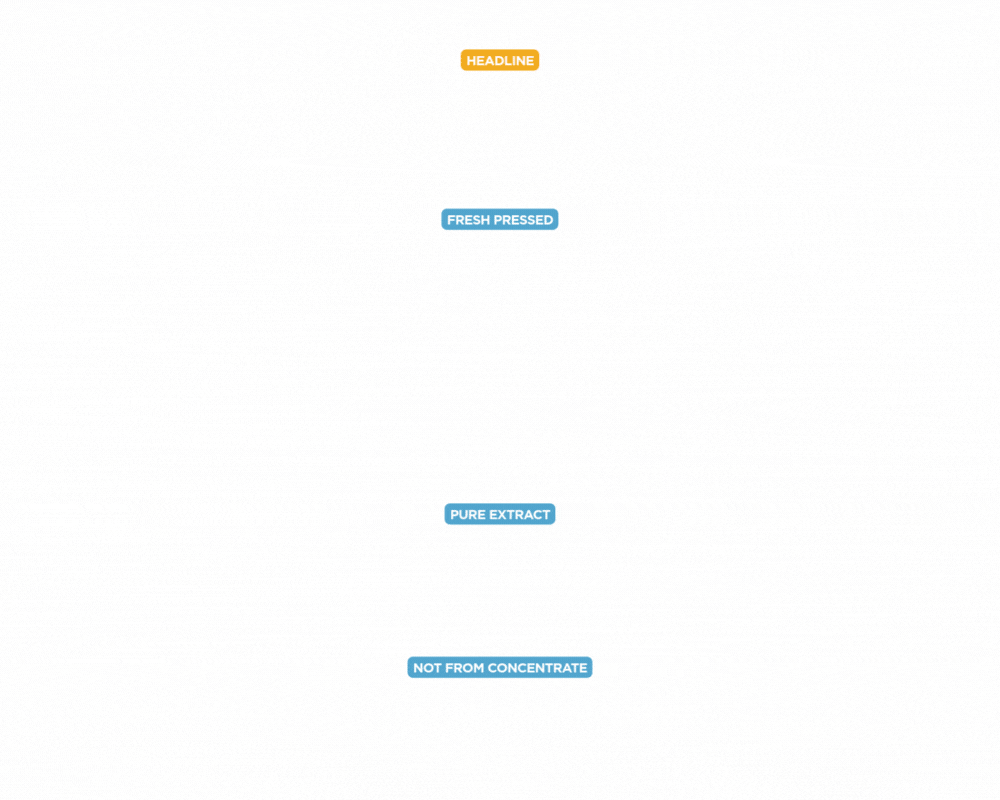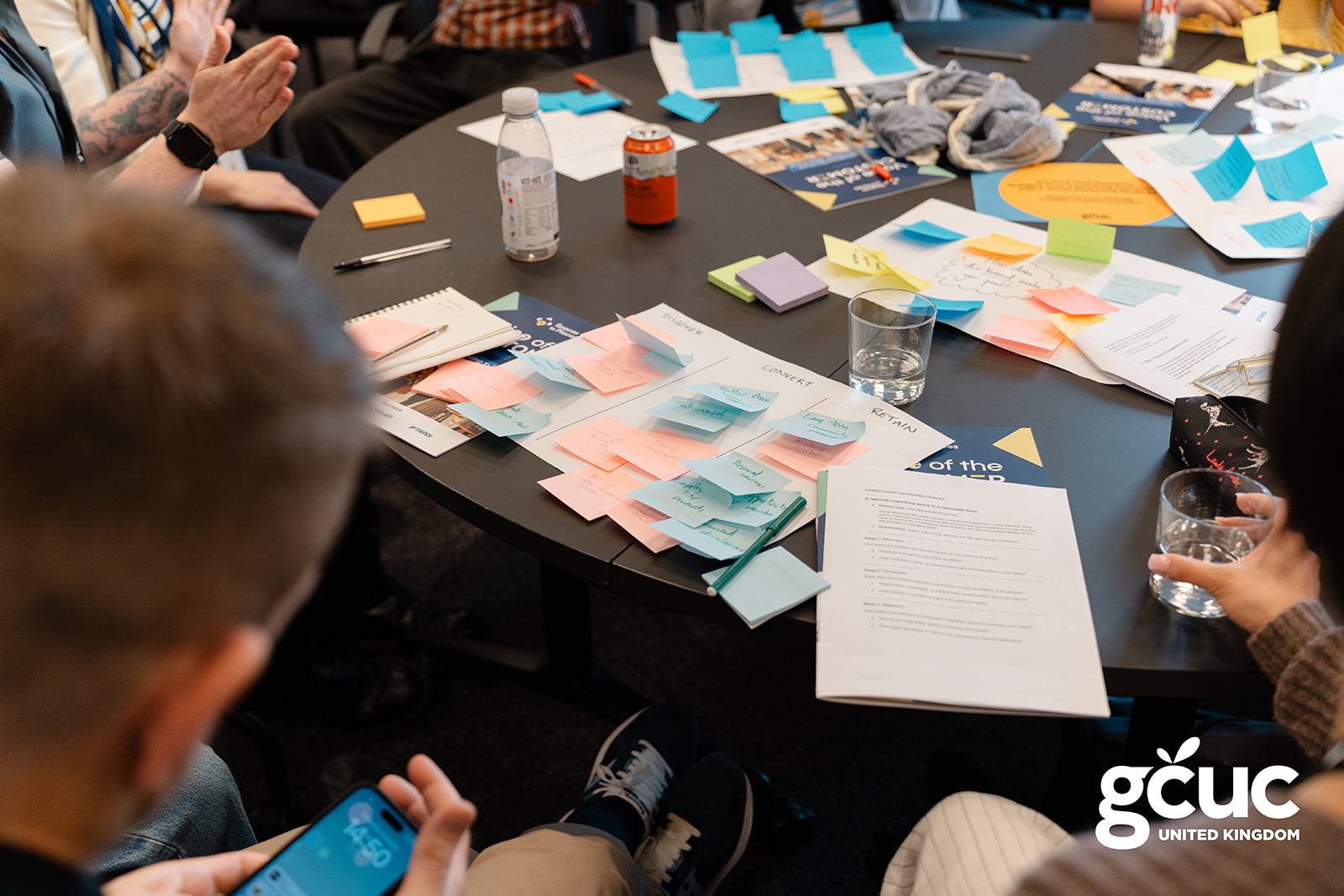
Beyond the headline sessions on data, institutional investment, and brand strategy, GCUC UK London packed in workshops, roundtables, tours, and panel discussions that gave operators practical tools to take home.
But here’s what made it special: it wasn’t just about what you learned. It was about who you met, the conversations in the coffee queue, and the connections that will turn into collaborations over the next year.
Our industry is quite special in that way. We’re not just competing for market share. We’re banding together to create better work and life for our members. That spirit was everywhere at GCUC.
Here’s what else happened, and what you can apply immediately.
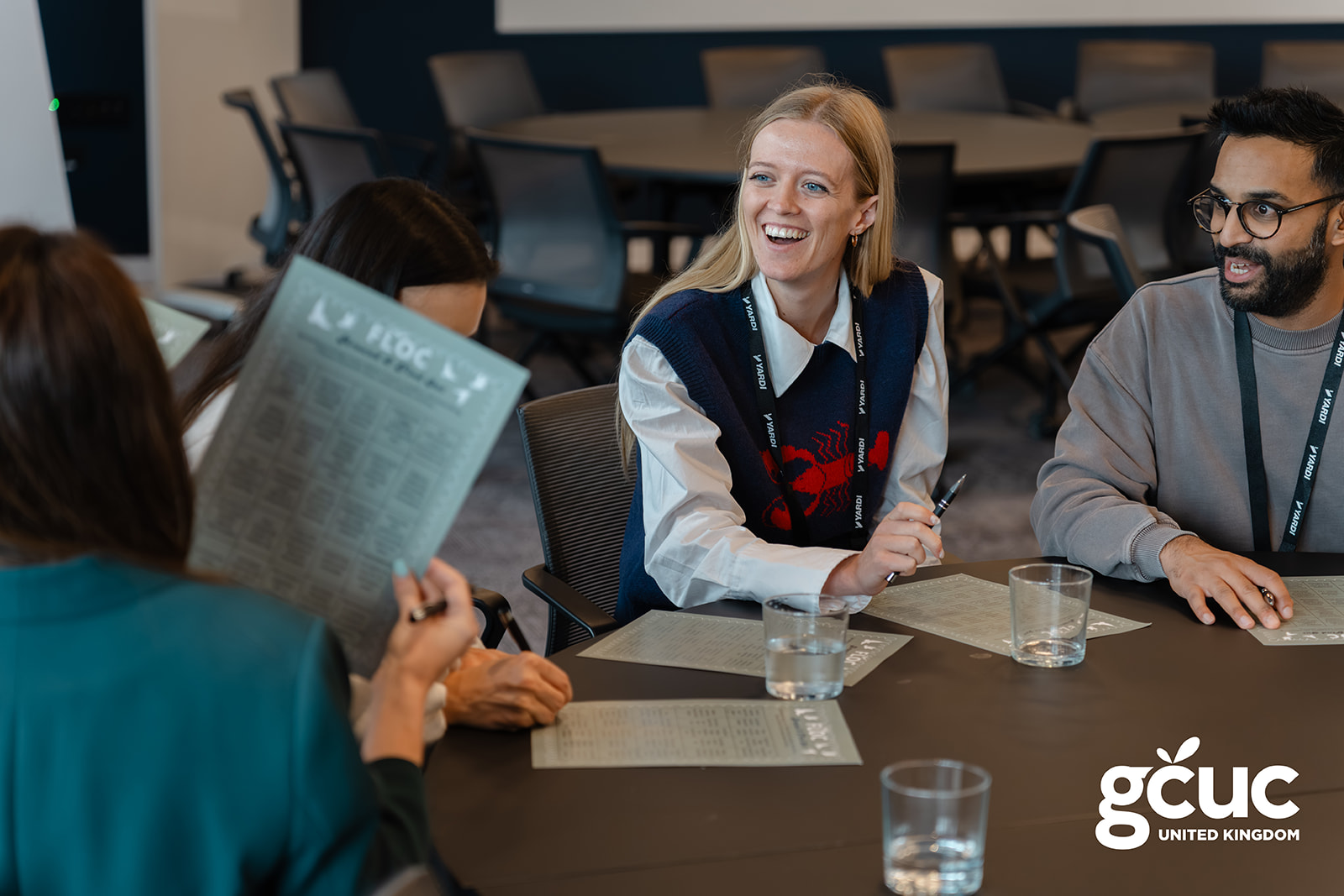
Future Leaders of Coworking (FLOC)
Future Leaders of Coworking (FLOC) Luncheon
During the lunch break, a dedicated space brought together the next generation of flex workspace leaders.
The FLOC Luncheon, hosted by Sam Shea (LiquidSpace) and James Panepinto (Clockwise), created a peer network for early to mid-career professionals shaping the future of coworking and flexible work.
This wasn’t a lecture or a networking-for-the-sake-of-it session. It was a space for emerging leaders to connect, seek mentorship, and have candid conversations about career growth, industry challenges, and what it means to lead in flex.
“FLOC is about creating community for people who are building this industry day-to-day,” Sam explained. “Whether you’re navigating a transition, growing in your role, or just seeking people who get it, this is your space.”
The session reinforced something GCUC does well: it’s not just about established operators and investors. The industry’s future depends on developing the next generation of leaders—and giving them the tools, connections, and confidence to shape what comes next.
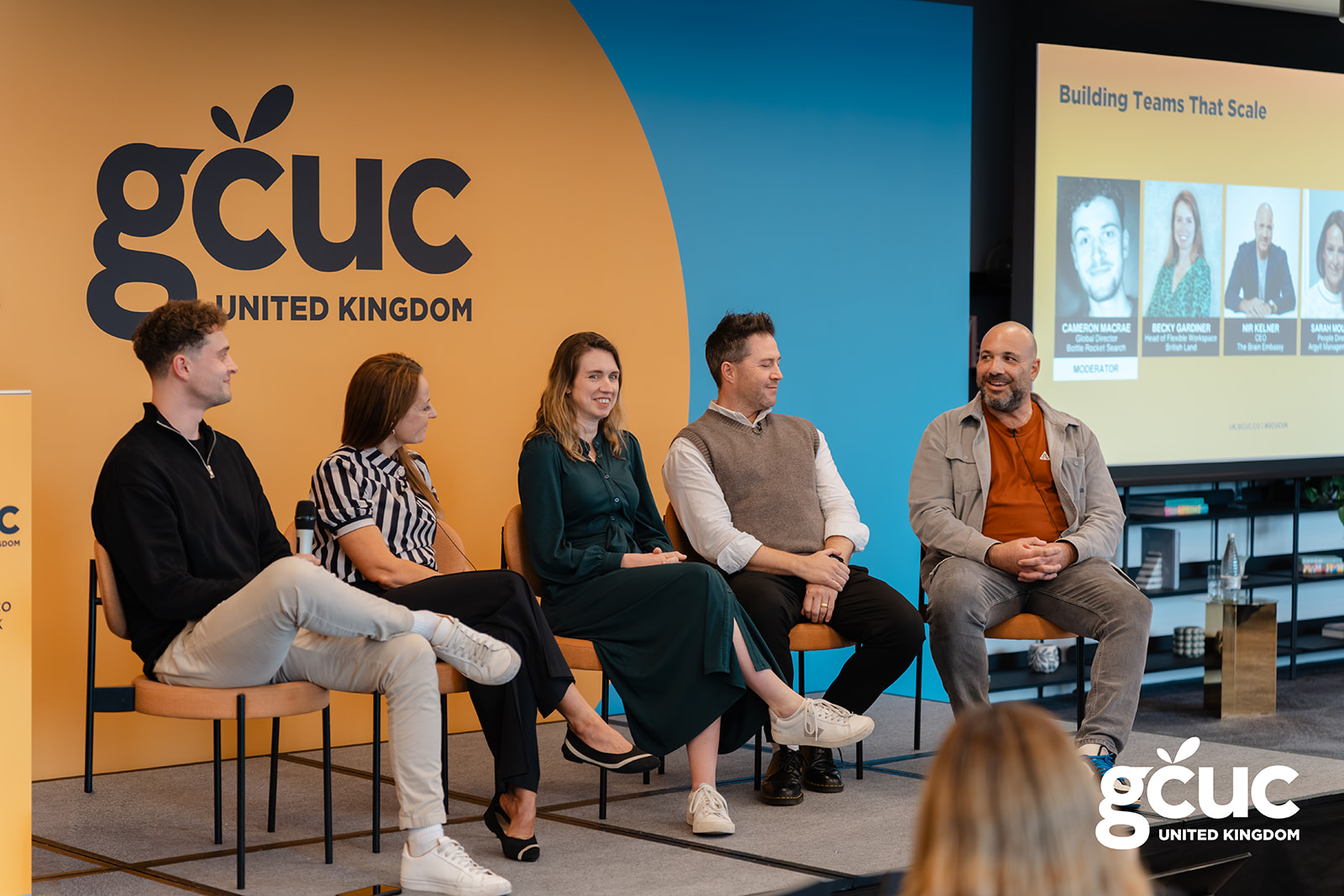
Cameron (Bottle Rocket Search) Sarah (Argyll Management), Becky (British Land), Matthew (FORA), Nir (The Brain Embassy)
Building Teams That Scale: The Hard Math and Harder Truths
Cameron MacRae (Bottle Rocket Search) led a panel with Becky Gardiner (British Land), Nir Kelner (The Brain Embassy), Sarah Moulton (Argyll Management), and Matthew Buckingham (FORA) that cut straight to the operational reality of scaling people.
The math is unforgiving. With 100 customers at 3% churn, you need 4 new customers to grow. With 1,000 customers at the same churn rate, you need 31 just to stay flat. This is why churn isn’t an HR problem – it’s a commercial crisis.
“Hire for behavior, train for aptitude,” Sarah said. “Skills can be taught. Cultural fit and values-driven behavior are much harder to build after day one.”
Nir emphasized line-of-sight: “People want to understand how their work connects to the business. Without clarity on the key metric that matters, they get demotivated fast.”
Matthew’s point landed hard: “We’re not just leasing desks. We’re creating communities and managing experiences. That requires a different caliber of person, and we need to pay and develop them accordingly.”
The practical takeaway: if you’re competing on price, you’ve already lost. Compete on people, culture, and genuine member value.
Action point: Review your last three hires. Did you recruit for attitude and values, or just fill a role? Use structured interviews that reveal day-1000 behaviours, not day-one charm.
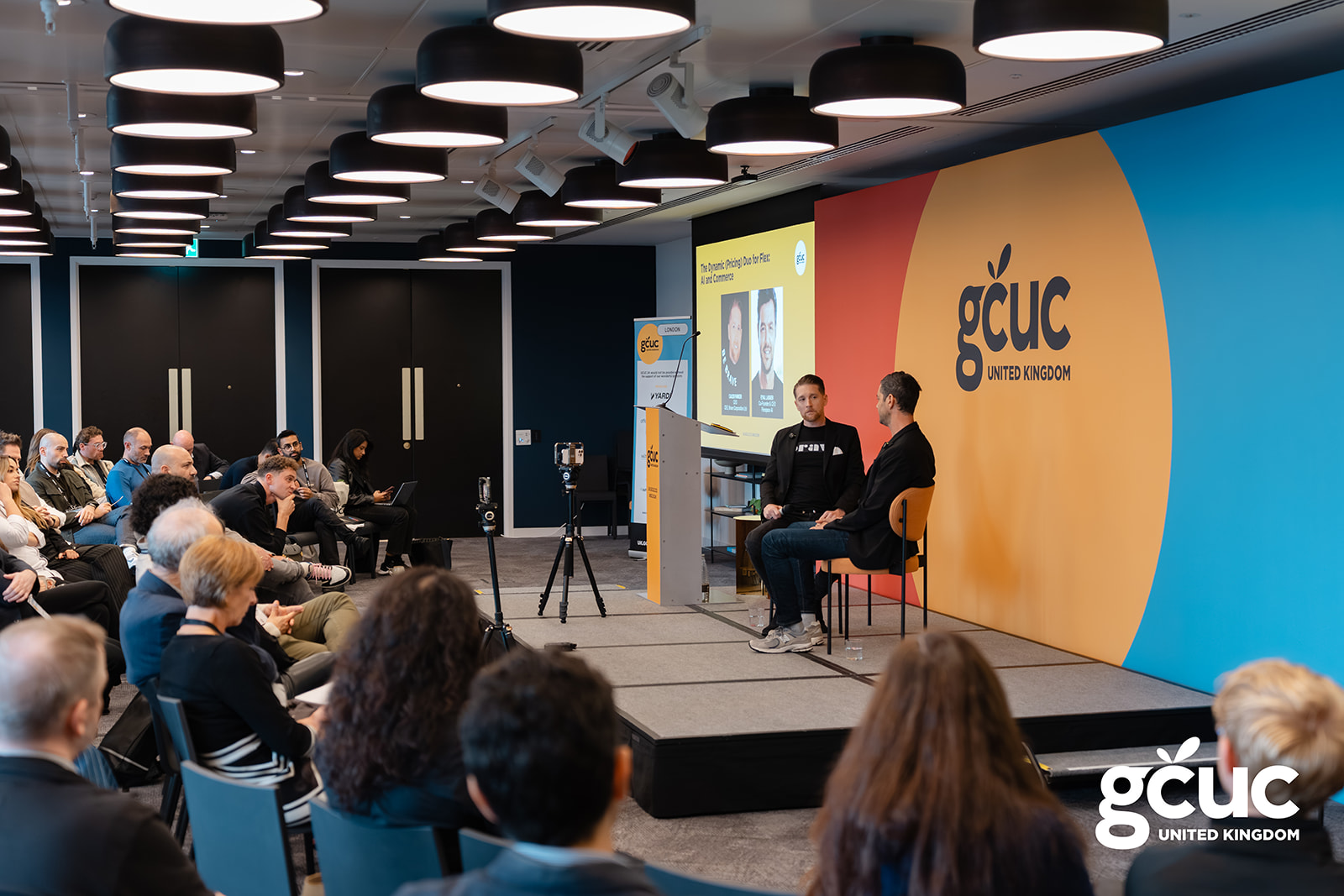
Caleb Park (Brave Corp) & Eyal Lasker (Flexspace.ai)
Dynamic Pricing: Moving Beyond Static Rate Cards
Caleb Parker (Brave Corporation) and Eyal Lasker (Flexspace AI) explored how AI and real-time data are helping operators price more intelligently during a Live Podcast.
“Most flex operators are leaving money on the table because they’re still using pricing strategies from five years ago,” Caleb opened.
The conversation wasn’t about squeezing every penny. It was about understanding demand, supply, and member behavior well enough to price fairly and profitably simultaneously. Hotels and airlines have done this for decades. Flex is catching up.
Eyal explained how Flexspace AI helps operators spot demand patterns and adjust pricing dynamically without sacrificing customer experience. “The tools exist, they’re getting smarter, and they’re becoming more accessible.”
For operators who thought enterprise software was out of reach, this was encouraging: intelligent pricing isn’t reserved for the big players anymore.
Action point: Audit your current pricing. When was it last reviewed? What data informed it? Test one variable (day pass pricing, meeting room rates) with dynamic pricing for 90 days and measure impact.
Workshops: From Insight to Execution
Day two’s workshops delivered hands-on, immediately applicable strategies.
Growing Smarter: Technology, Revenue and Experience Without Compromise
Eric Fabbri (SaaS Office)
Eric showed how smart automation and AI can streamline operations, optimize pricing in real time, unlock new revenue streams, and deliver seamless member journeys – all without sacrificing experience.
The session covered AI assistants that answer member queries instantly, bots that drive dynamic pricing, and member apps with voice commands and proactive support.
Key insight: The workshop explored how coworking operators can balance profitability, innovation, and member loyalty. Automation and system integration cut costs while improving financial visibility. Growth now relies on diversified revenue streams and data-driven agility. Member experience is central, a single, seamless, and personalised app boosts engagement and satisfaction. Ultimately, loyalty, powered by AI and authentic human experiences, is the key driver of sustainable profitability.
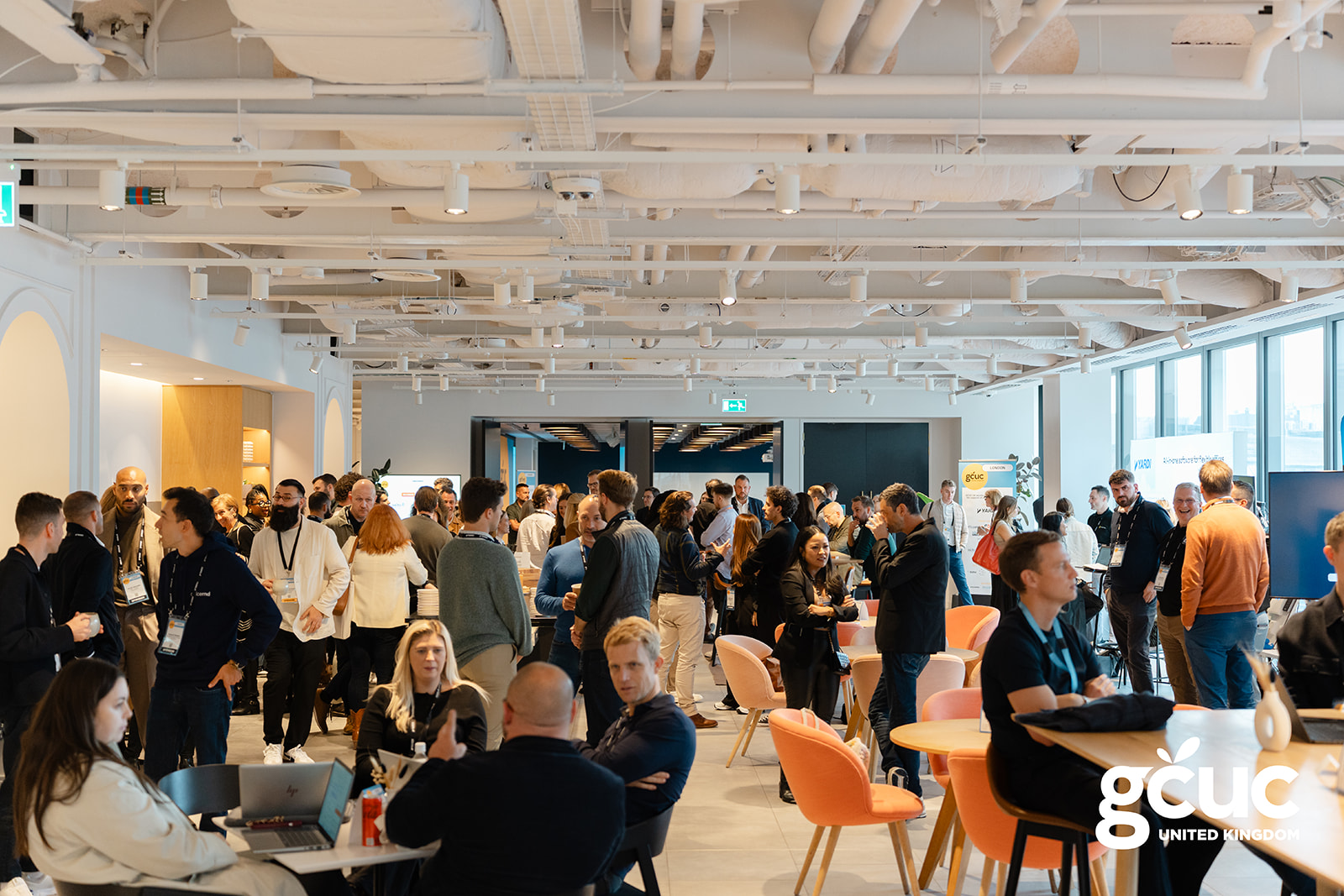
Content That Connects: Building Your Coworking Community
Lucy McInally (Inclusive Coworker)
Lucy flipped the marketing conversation. Rather than acquisition-first tactics, she guided operators to design strategies that place community and members at the heart of the message.
The workshop was co-designed with attendees, helping them identify their right-fit members and create content that actually resonates.
Key insight: “People matter. Even though the workshop was on the topic of content marketing, which you might think is more about the digital/online stuff, the ideas everyone came up with were largely IRL and all about meeting people’s needs, whether that was organising events, listening to the community, or supporting them. We spoke about tapping into emotions and experience (a topic which came up so much last week) and did a really fun ice breaker that got us all thinking about the links between space, brand, and feeling.” – Lucy McInally
Shifting the Perception of Coworking Beyond Startups and Freelancers
Jean-Yves Huwart (Coworking Europe)
Jean-Yves tackled the industry’s narrative problem head-on: “We’ve spent a decade saying coworking is for startups and freelancers. That story is now a liability.”
The reality: coworking serves enterprises, scale-ups, hybrid teams, and anyone seeking community and flexibility. The roundtable explored how operators can reframe the conversation and reflect the breadth of who actually uses flex space today.
Key insight: Your positioning determines who walks through your door. If you market only to freelancers, that’s who you’ll get. Broaden the narrative to match the reality of your member base.
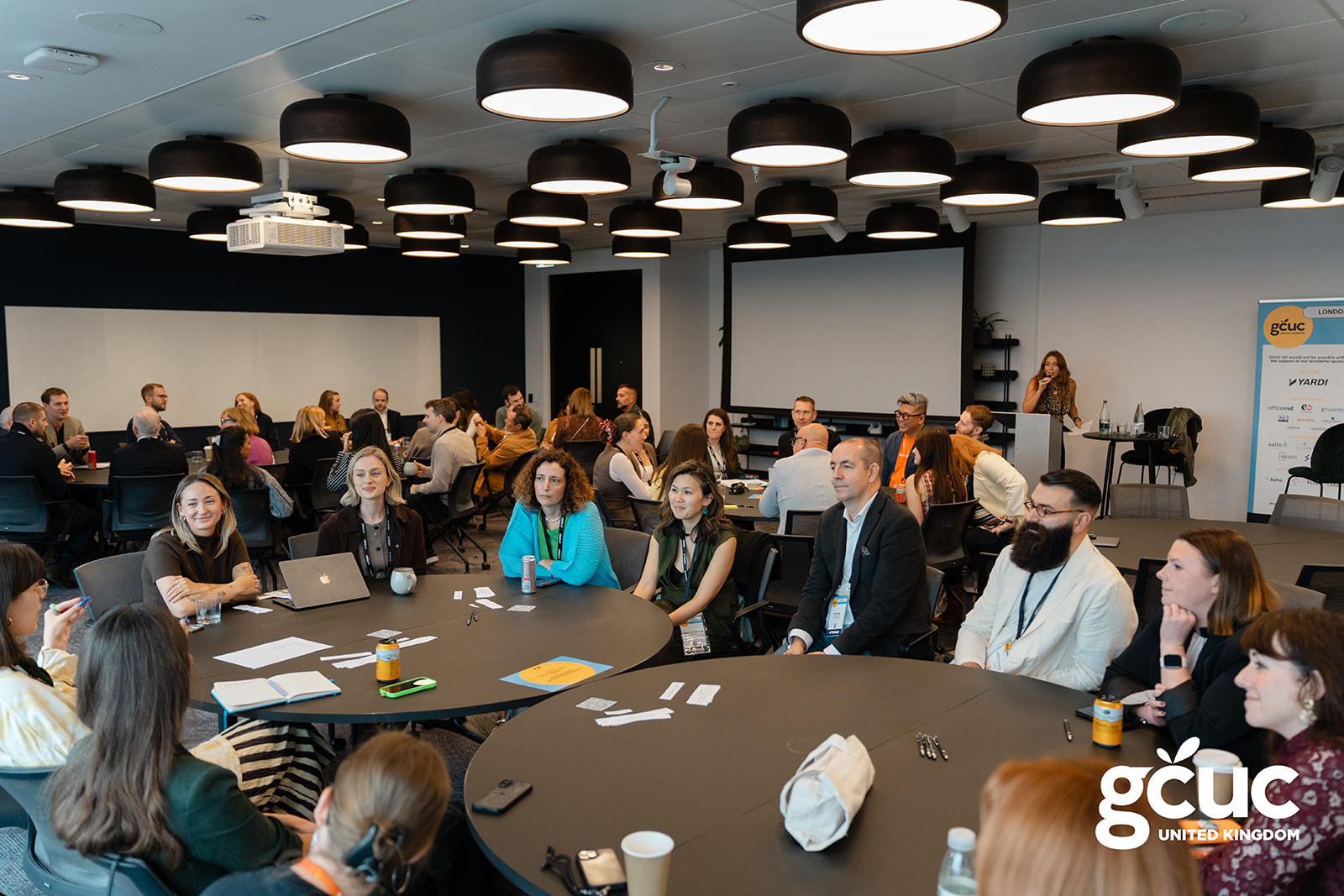
Business Rates and the Flex Workspace Challenge
Marcus Plows (Compton)
Marcus brought commercial reality into sharp focus. Business rates are evolving, regulatory pressure is mounting, and the traditional system wasn’t built for flex operators.
The roundtable explored what’s driving change, how it impacts the sector, and how operators can navigate uncertainty while pushing for fairer frameworks.
Key insight: “Business Rates has started to majorly influence decision making and growth, with operators large and small, putting aside their differences to discuss ways around this issue together.” – Marcus Plows
Community Building Through Brand Partnerships
Alex Young and Alana Harris (Projects)
The roundtable explored how partnerships can enrich member experience without diluting authenticity.
The key question: how do you design community strategies that create genuine value exchange, not just sponsorship theater?
Key insight: “Partnerships are more than perks – they are the glue that makes a community feel alive. The magic often comes from the unexpected, when two unlikely brands combine to create something members did not even know they needed. The trick is not just being creative but finding ideas that truly align with your members’ values, so the partnership feels natural and lasting. When operators move beyond managing buildings to building connections, they unlock fresh possibilities and create communities where members feel supported, inspired and proud to belong.” – Alex Young and Alana Harris
The Tours: Learning Through Immersion
On Thursday morning (day two), attendees experienced flex spaces firsthand through three curated coworking tours across London. This wasn’t sightseeing, it was a way for our attendees to see how different operators approach the same market with completely different strategies.
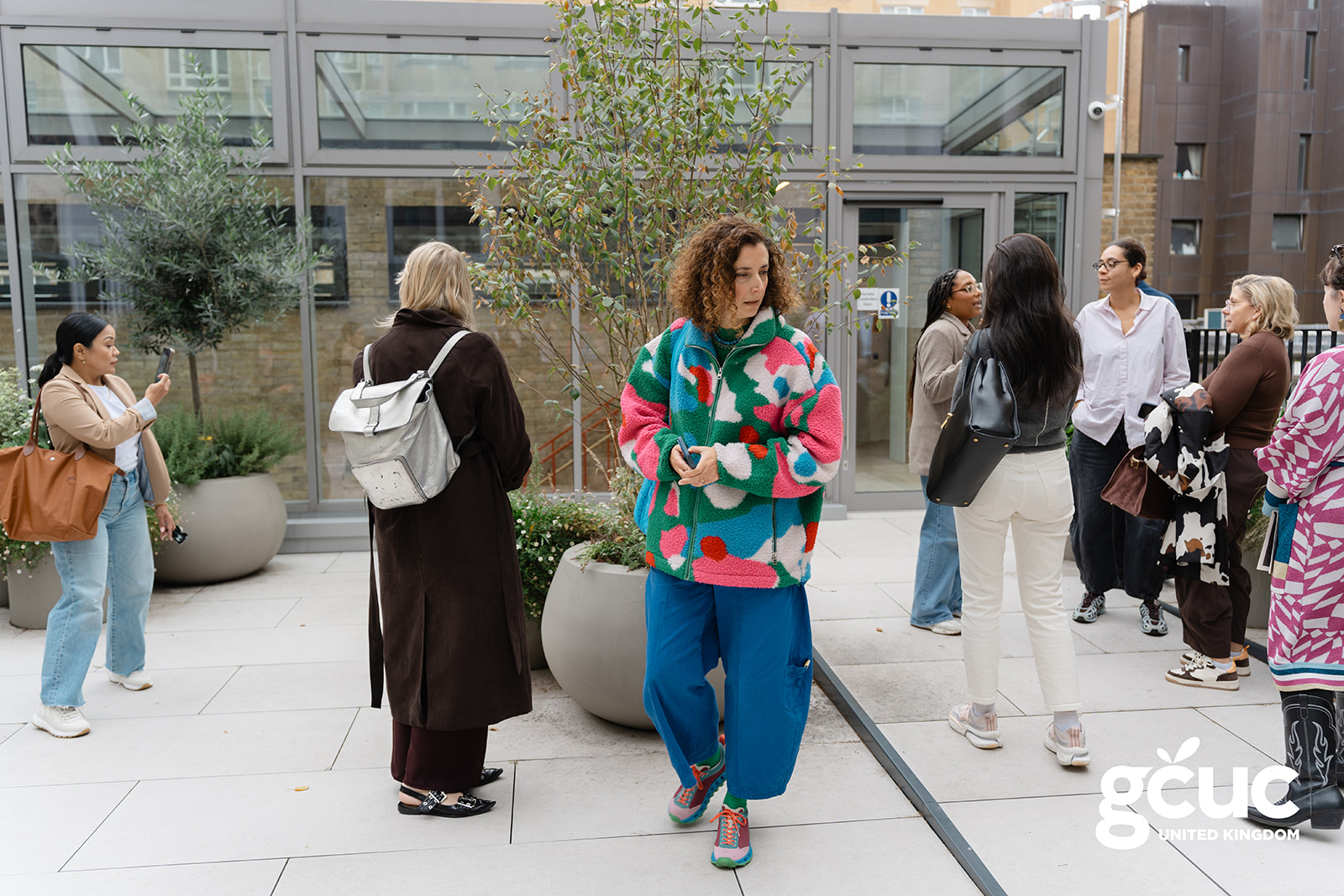
Liverpool Street Tour
Uncommon, WeWork, Huckletree
Three distinct approaches: Uncommon’s design-led wellness focus, WeWork’s global scale and community infrastructure, and Huckletree’s sustainability-first approach to a listed building.
The contrast made one thing clear: product positioning isn’t just marketing. It’s embedded in every design decision, pricing structure, and operational choice.
Elephant & Castle Tour
General People, The Ministry, Work.Life
These spaces showed how flex operators anchor high streets and mixed-use developments. General People’s practical, energising approach contrasted with The Ministry’s cultural positioning (built by the Ministry of Sound team) and Work.Life’s human-centred design philosophy.
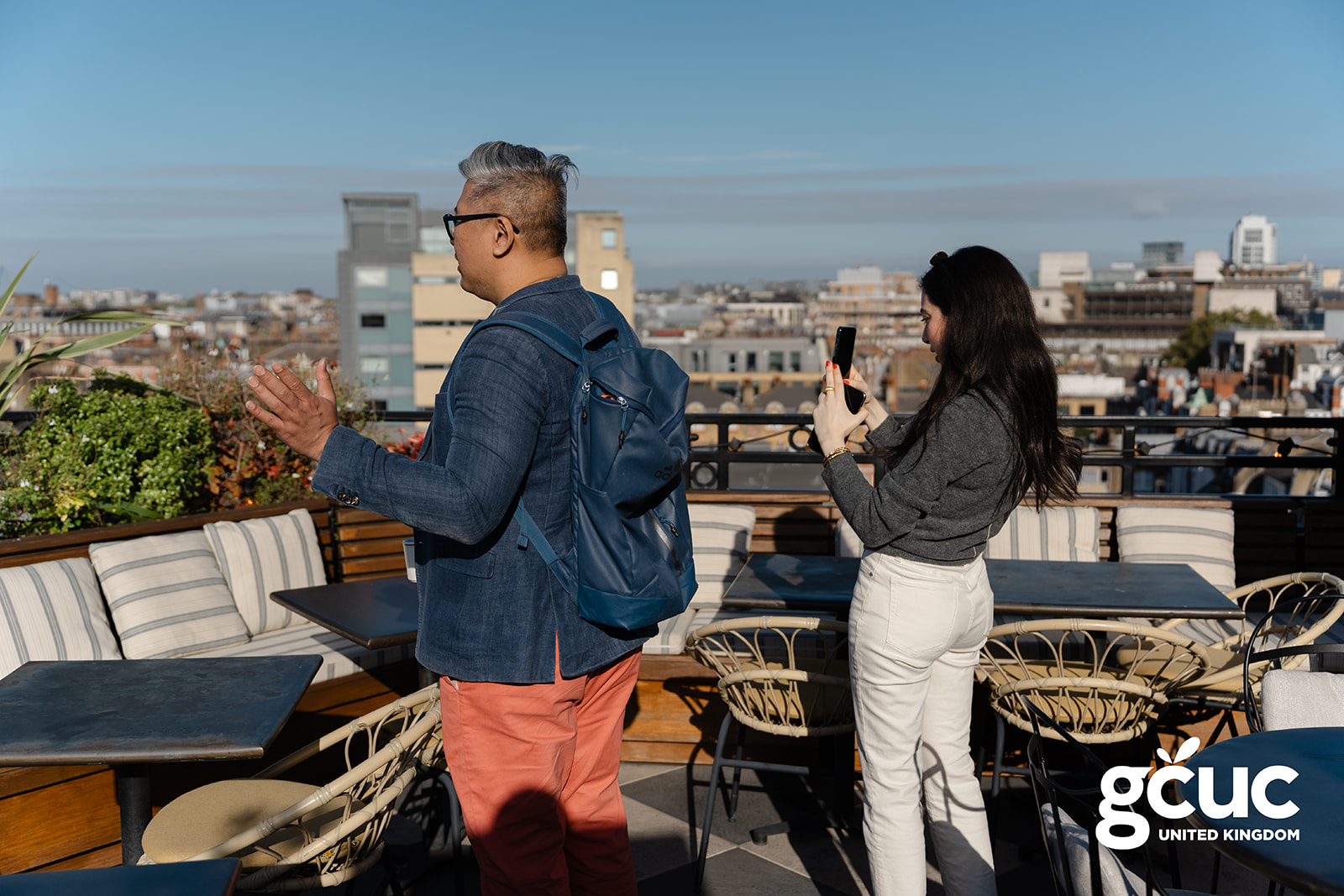
Marylebone Tour
Maslow’s, FORA, Spacemade
Premium positioning, scale, and mission-driven approaches coexisted in the same market. Maslow’s wellness-first focus (inspired by Maslow’s hierarchy of needs), FORA’s comprehensive workspace experience with 500+ meeting rooms and amenities, and Spacemade’s mission to create one million genuine social connections.
One attendee captured it perfectly: “Seeing three spaces in one morning made it crystal clear – this isn’t a commodity market anymore. Design, brand, culture, and mission actually matter.”
Five Practical Takeaways for Your Space
- Audit your team hiring process. Are you recruiting for values and behaviours, or just filling roles? Build structured interviews that reveal cultural fit.
- Test dynamic pricing on one product line. Pick meeting rooms or day passes. Run it for 90 days. Measure revenue impact and member feedback.
- Map your right-fit member profile. Who stays longest? Who refers most? Build your marketing around attracting more of them, not just more volume.
- Pick one partnership to test. What do your members genuinely need? Find one partner who can deliver that authentically in the next quarter.
- Review your positioning narrative. Are you still marketing to “freelancers and startups” when your actual member base is broader? Update your story to match reality.
The Learning Continues
GCUC London 2025 was more than panels and workshops. It was where connections were made, the kind of practical, human collaboration that separates operators who scale sustainably from those who burn out or stall.
The people who left ahead of the curve weren’t the ones with the thickest notebooks. They were the ones who spotted one or two ideas and immediately enlisted a colleague, mentor or fellow operator to try them out. They moved faster because they didn’t go it alone.
So measure a conference by what you change back at your desk, and who you choose to do it with.
What will you test first, and who are you bringing along?
Thank You to Our Partners
GCUC London 2025 was made possible by our incredible sponsors and partners who support the flex workspace community:
Headline Sponsor: Yardi
Fresh Pressed Sponsors: OfficeRnD, technologywithin, SaaS Office, DS Security, Wavenet, Interaction, Nexudus
Pure Extract Sponsors: SALTO, Uncommon, Flexspace, Meavo, Opstech Services
Not From Concentrate Sponsors: Koho, Oasis Plants
Partners: Convene, Bottle Rocket, FLOC
Their support makes events like this possible and helps build the infrastructure our industry needs to grow.
—
Join the mailing list to hear about future GCUC events and be the first to know about Manchester and London 2026. See you there.
